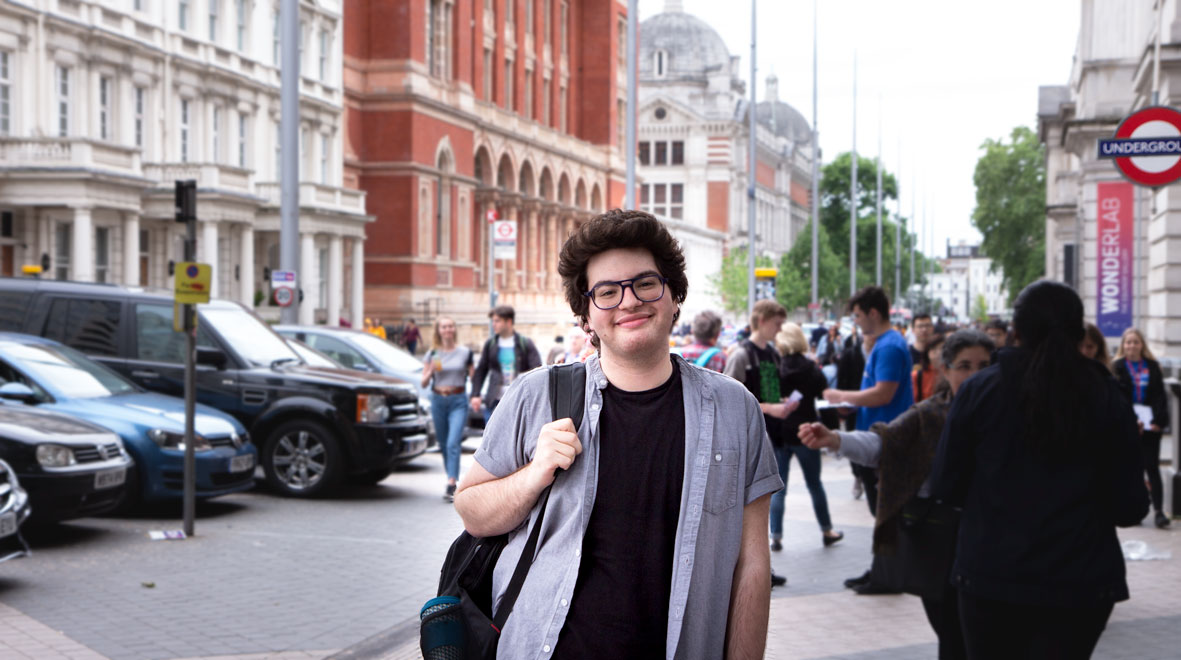
Kinan Wihba shares his inspiring story of how hard work and determination helped him achieve his dream of studying medicine, having fled Syria’s civil war as a refugee.
I am coming to the end of my first year at Imperial College School of Medicine (ICSM) and still cannot believe I made it this far. Applying for medicine, although exciting, is a challenging and stressful experience and current medical students would echo this statement. My path to medical school was a little different; I never thought it was feasible for me having arrived in the UK as a Syrian refugee with very little English and limited understanding of the application process. Nevertheless, I did my best and it was good enough.
Starting afresh
With every day I survived during the civil war, I grew more accustomed to the fact that I was facing death on a daily basis. I accepted that I might die very soon. So, I was beyond elated when I was reunited with my mother and older brother in the UK, where it was and still is considerably safer to live. However, with the luxury of feeling safe came the loss of my sense of belonging as I moved into this strange new place. Even though I was feeling safe, I did not feel secure; how was I going to communicate with people using a language I had never spoken before? Would I be able to find a school to continue my studies? What if I did not fit in? As much as I was excited, I was terrified and overwhelmed with the uncertainties of starting afresh. But amongst all these uncertainties, I enjoyed the solace of a few certainties one of which was my determination to become a doctor. (more…)
Read From Syria to South Kensington: Kinan’s journey to medical school in full
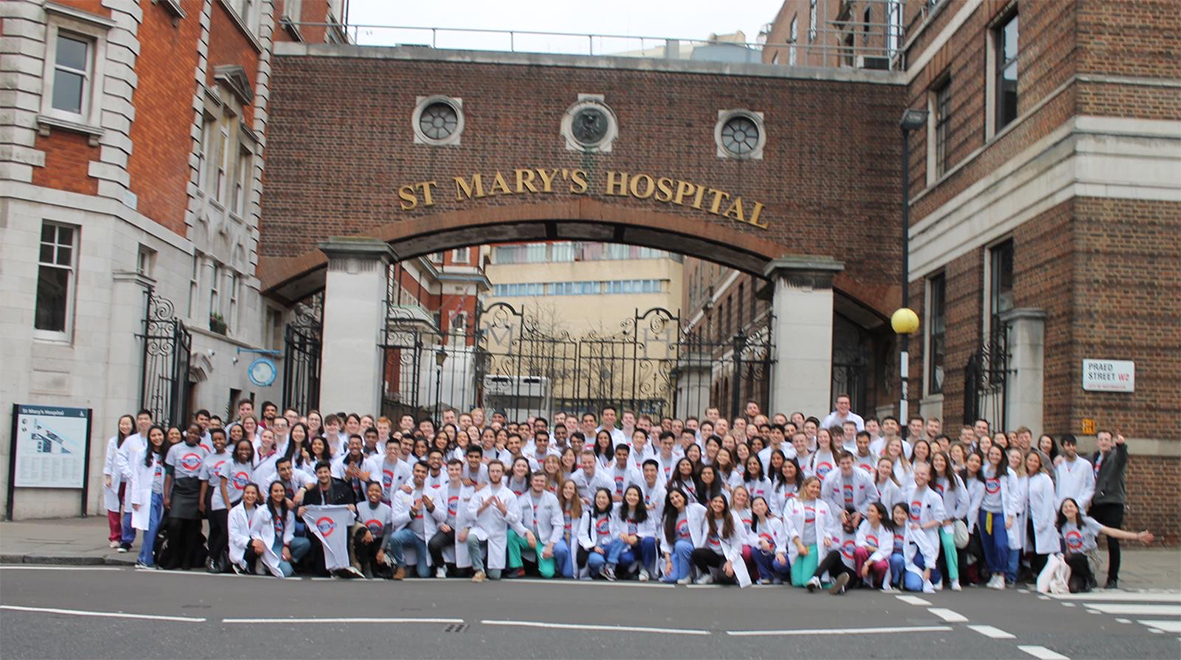
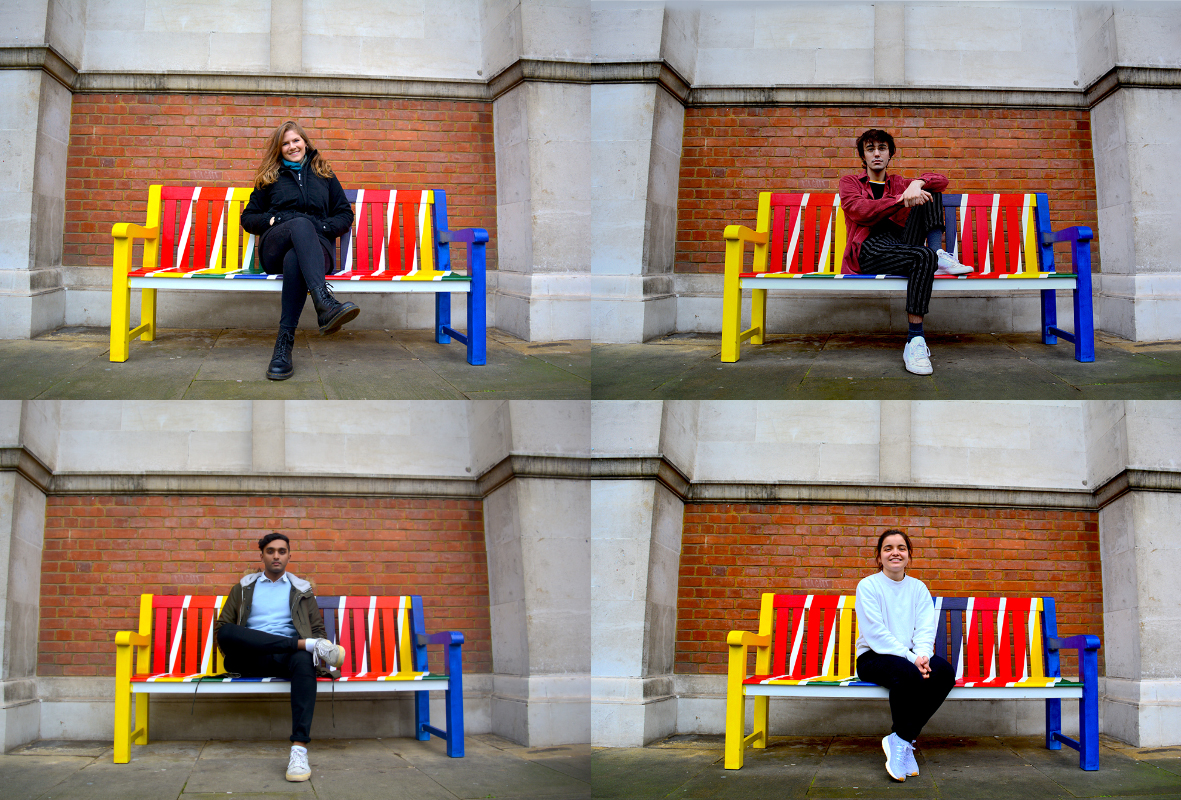
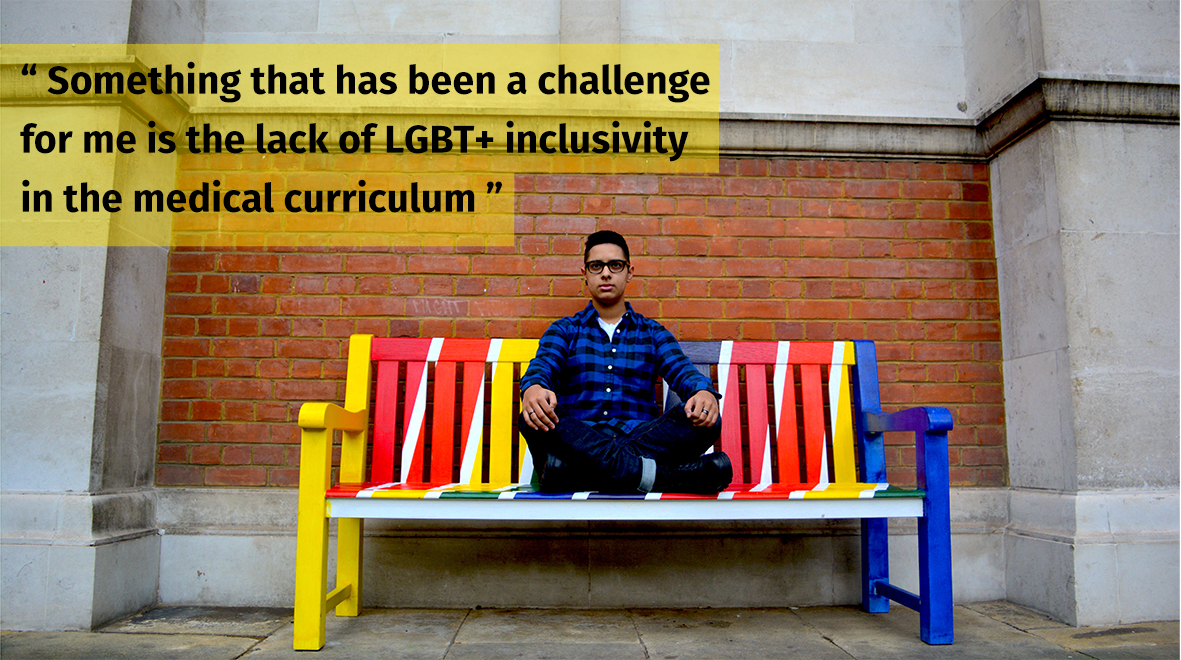
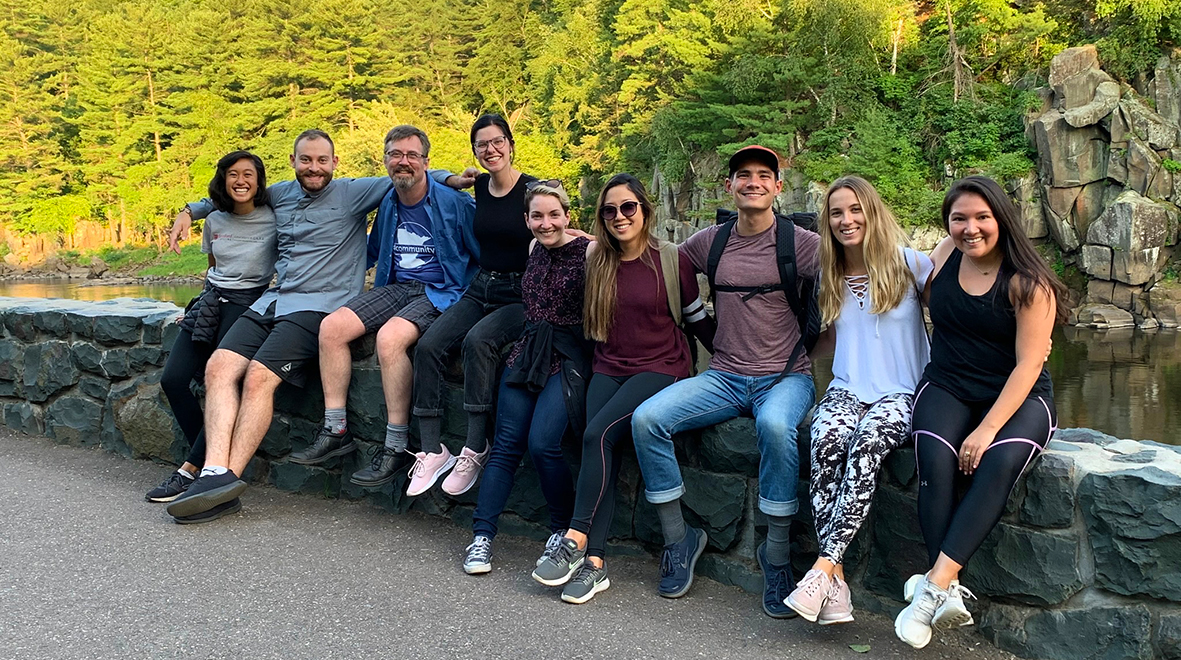
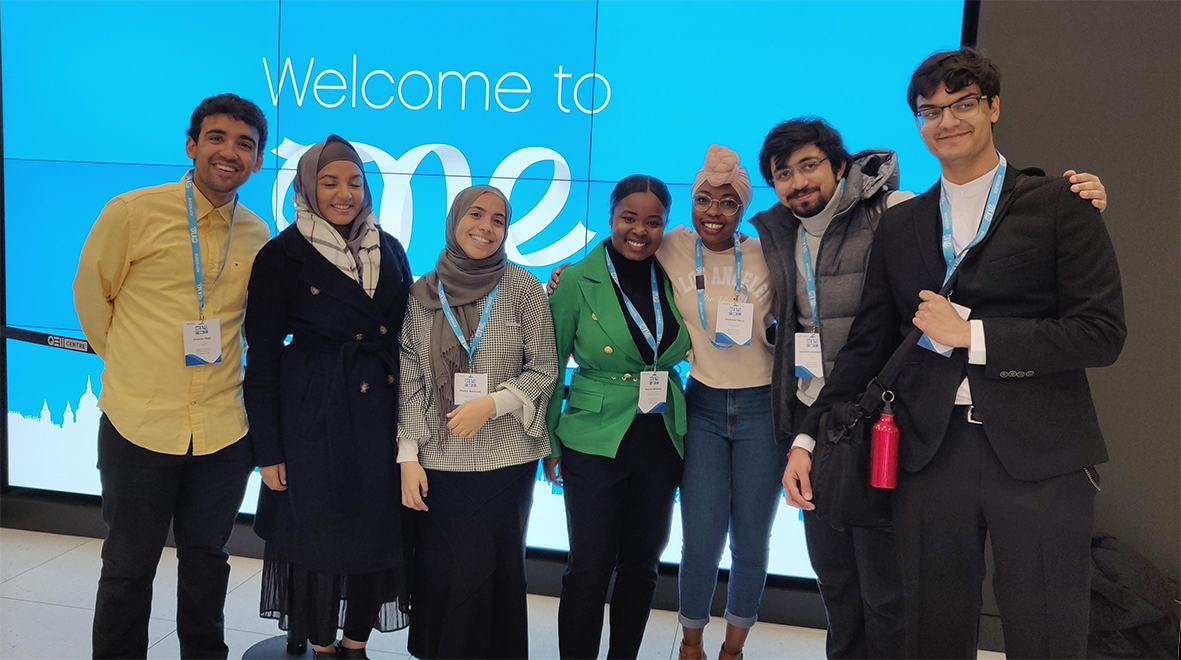

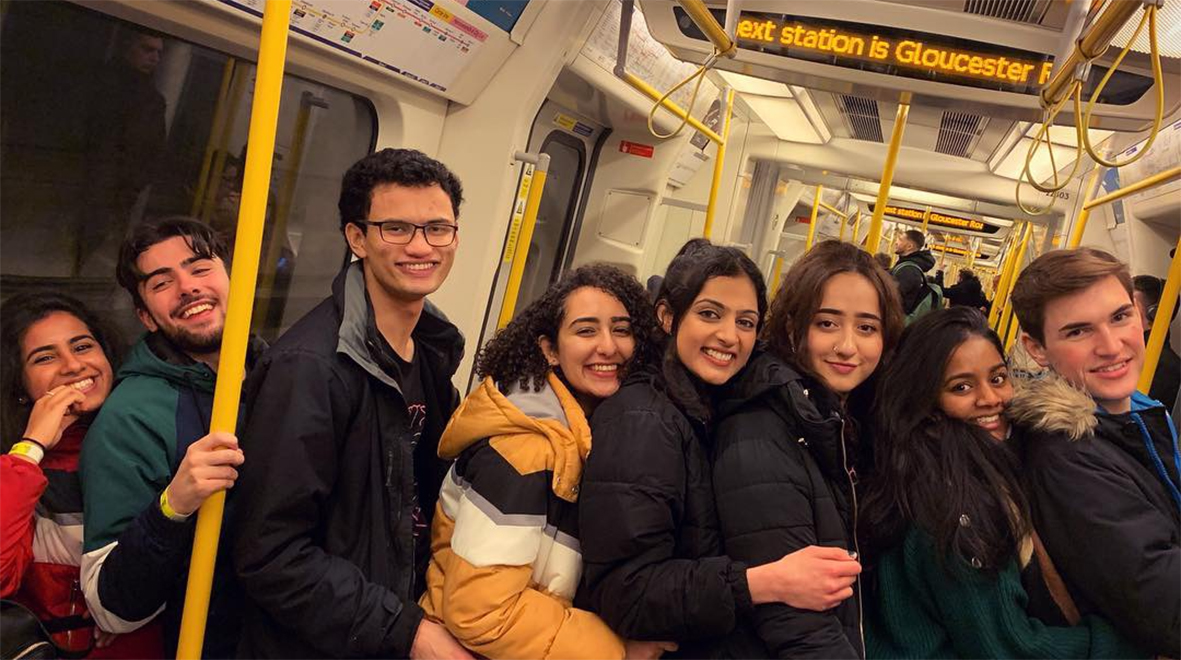

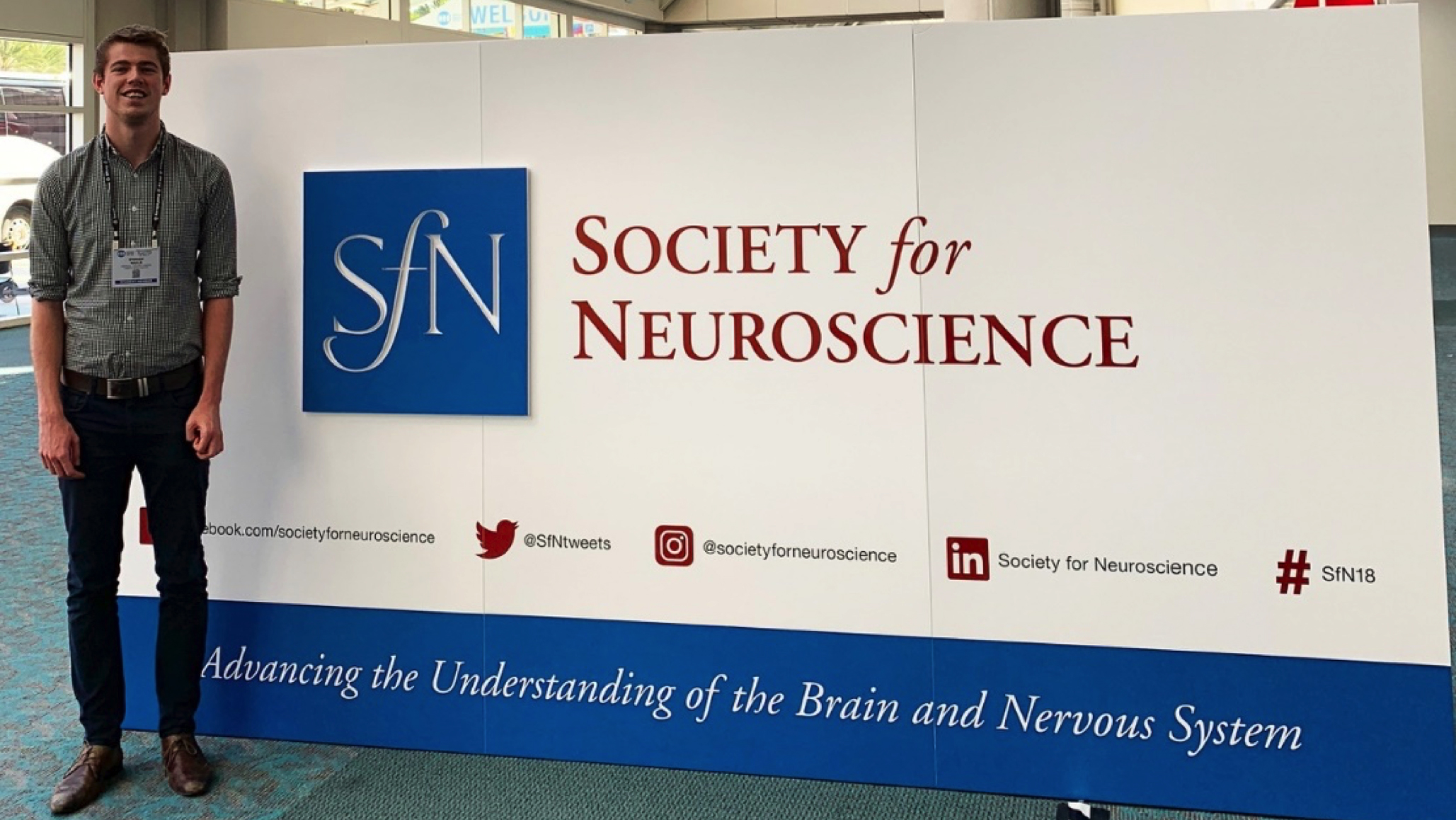
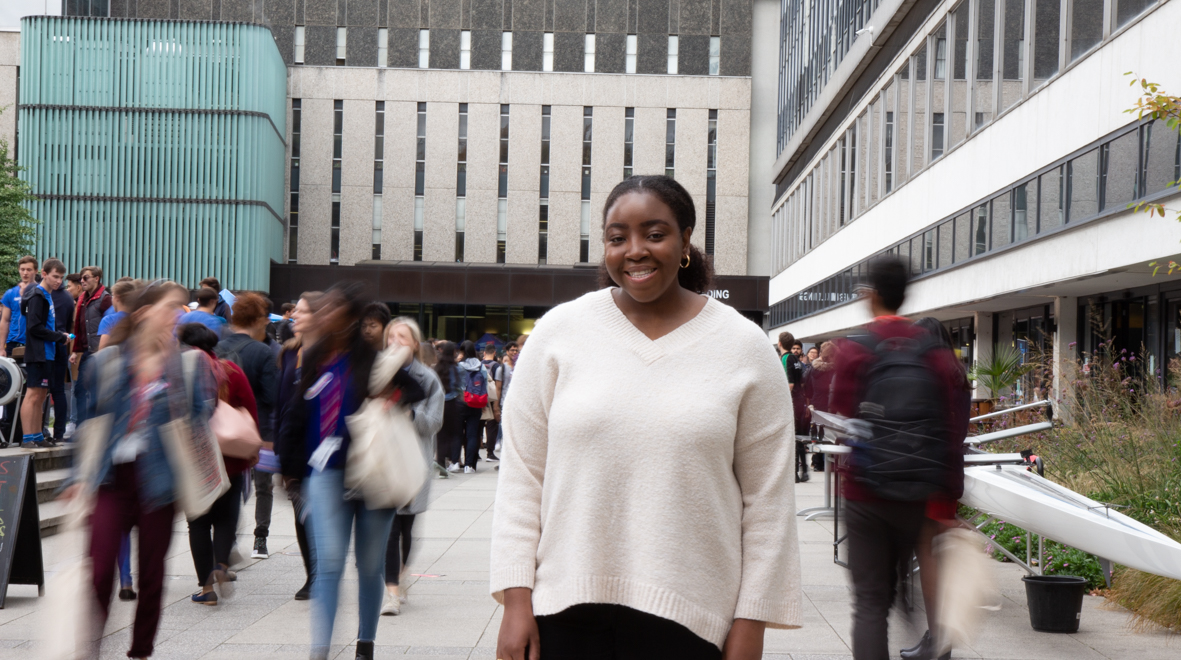
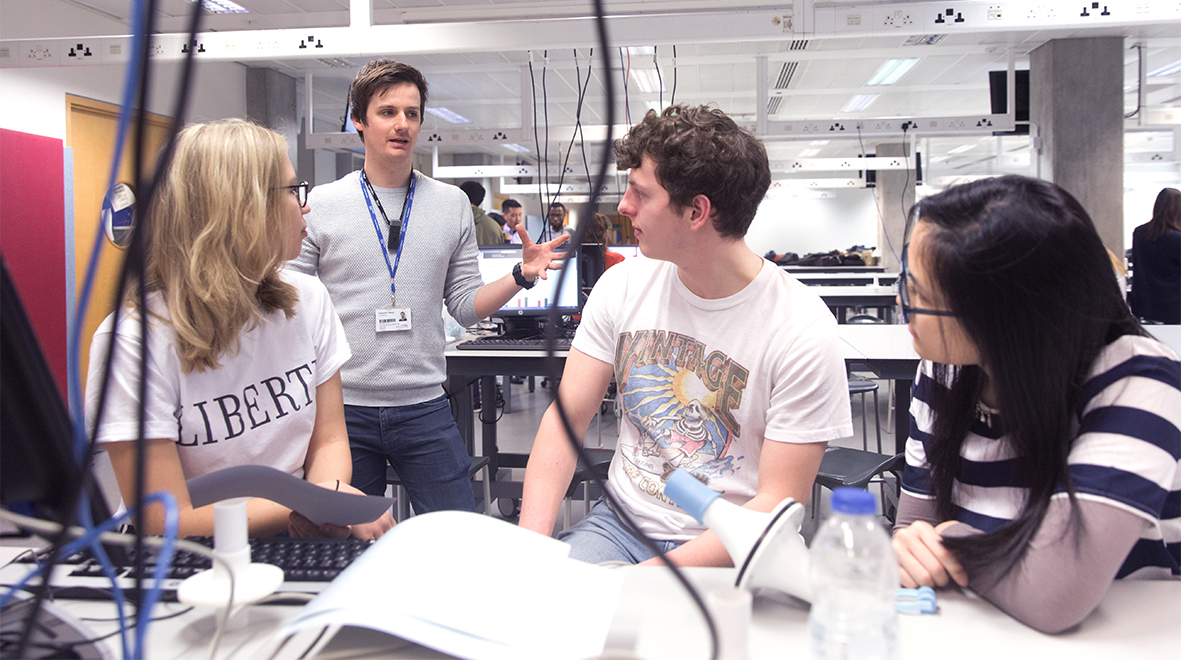 Dr James Moss debunks some of the myths around medical school interviews and shares his personal perspective as a member of the interviewing panel for Imperial College School of Medicine.
Dr James Moss debunks some of the myths around medical school interviews and shares his personal perspective as a member of the interviewing panel for Imperial College School of Medicine.